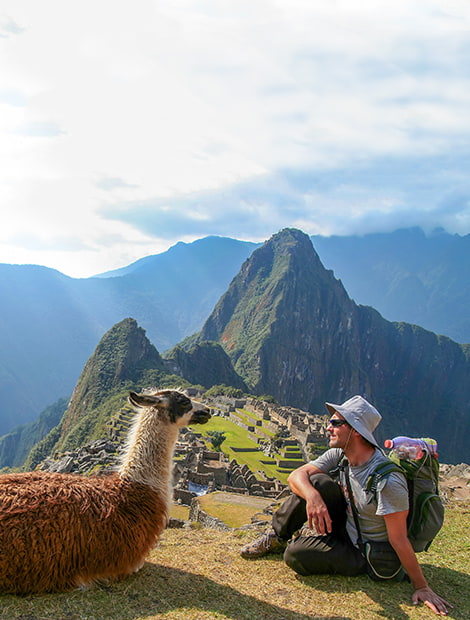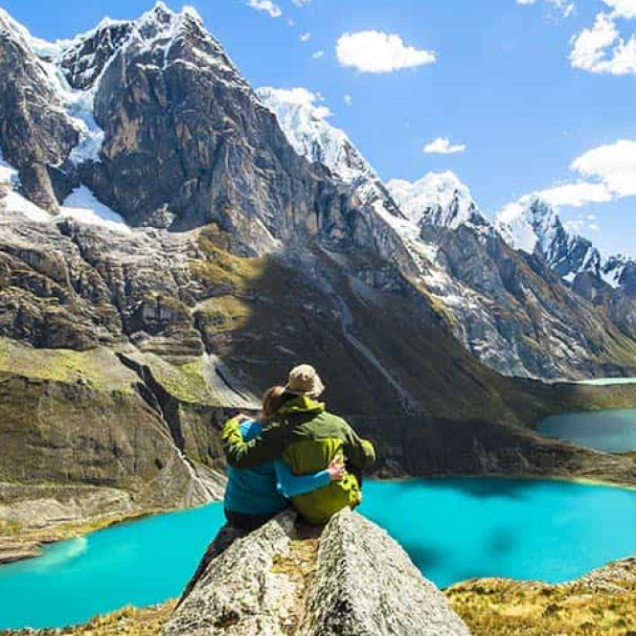

South America is filled with mystery, tradition, and outdoor adventures. Explore ancient Inca ruins, hike the challenging Inca Trail, view the Nazca Lines, meet local people in rural villages and bargain for hand-made crafts in bustling markets. Over such a large continent, there is so much to see from Patagonia’s windswept national parks, to Colombia’s tropical beaches, which bask in warmth year round. Nature lovers will thrill at the diversity of wildlife in the Amazon Jungle, Pantanal wetlands, the Galápagos Islands, Los Llanos plains, Colca Canyon and Lake Titicaca, not forgetting the national parks of Patagonia. Colonial Spanish towns are nestled deep in the mountains while Inca ruins sit on the beaches. Many adventure seekers consider the great white continent of Antarctica the last frontier of travel.
Travel options include planned itineraries and tailor-made ones for solo travellers and groups.
Where will your imagination take you?



South America has so much to offer – click on the link here to explore our top 10 tours that span the continent.
You could never be disappointed with Peru if you’re just looking for a quick break in one country. Why not discover cultural treasures on an 8 day Incan Tour? If you are travelling with younger family, check out this amazing 9 day tour starting and ending in the beautiful City of Lima. Or immerse yourself in a National Geographic Journey from Lima to La Paz. A breathtaking 16 day tour that includes time spent in Macchu Picchu and a must-do trip into Bolivia to the shores of Lake Titicaca.
Many of the South America tours we recommend are small sections of longer trips, so you can combine a couple of different tours to form an extended adventure of your choice!
We are passionate adventure travelers who want to share the world and our travel experiences with everyone…
This website uses cookies so that we can provide you with the best user experience possible. Cookie information is stored in your browser and performs functions such as recognising you when you return to our website and helping our team to understand which sections of the website you find most interesting and useful.
Strictly Necessary Cookie should be enabled at all times so that we can save your preferences for cookie settings.
If you disable this cookie, we will not be able to save your preferences. This means that every time you visit this website you will need to enable or disable cookies again.
